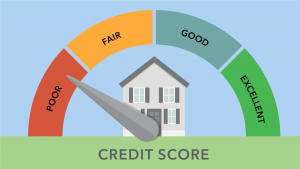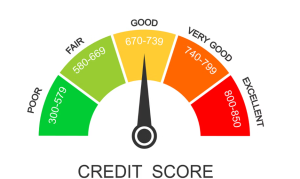Smart Strategies to Take Charge of Your Finances
3 min read
Introduction
Debt, a ubiquitous presence in many households, can be both a financial challenge and an opportunity for growth. In this article, we’ll explore smart strategies to tackle your debt, empowering you to navigate the complex landscape of borrowing, repayment, and financial freedom. From prioritizing debts to adopting effective budgeting techniques, these strategies aim to guide you toward a more secure and balanced financial future.
Assessing the Landscape: Taking Stock of Your Debts
The article begins by emphasizing the importance of assessing your current debt situation. This involves creating a comprehensive list of all debts, including credit cards, loans, and outstanding bills. Understanding the full scope of your financial obligations is the first step towards crafting an effective debt repayment strategy.
Prioritizing High-Interest Debts: The Avalanche Approach
Not all debts are created equal. The article introduces the concept of the debt avalanche method, focusing on paying off high-interest debts first. By addressing the most financially burdensome debts upfront, individuals can minimize the long-term impact of interest payments and expedite their journey to debt freedom.
Consolidation Options: Streamlining Your Debt Portfolio
Consolidating debts is explored as a strategic option to simplify repayments. This section discusses debt consolidation loans and balance transfers as tools to streamline multiple debts into a single, more manageable payment. While not suitable for everyone, consolidation can be a valuable strategy for those seeking organizational clarity and potentially lower interest rates.
Budgeting Mastery: Building a Financial Fortress
Effective budgeting is a cornerstone of successful debt management. The article dives into practical budgeting techniques, including the 50/30/20 rule and zero-based budgeting. By allocating income wisely, individuals can strike a balance between debt repayment, living expenses, and savings, fostering a healthier and more sustainable financial lifestyle.
Emergency Funds: Shielding Your Finances from the Unexpected
Unexpected expenses can derail even the most well-laid financial plans. This section explores the importance of establishing and maintaining an emergency fund. Having a financial safety net allows individuals to navigate unexpected challenges without resorting to accumulating more debt, reinforcing the stability of their overall financial health.
Negotiating with Creditors: Open Lines of Communication
Facing financial difficulties head-on is a key component of debt management. The article discusses the benefits of open communication with creditors. Whether negotiating interest rates, exploring hardship programs, or seeking alternative repayment plans, proactive communication can lead to more favorable terms and a more manageable debt burden.
Seeking Professional Guidance: When to Consult Experts
Recognizing when to seek professional financial advice is crucial. The article explores situations where consulting with financial experts, such as credit counselors or financial planners, can provide tailored strategies for debt resolution. Professional guidance can offer valuable insights and personalized plans for individuals navigating complex financial challenges.
Conclusion
Tackling debt requires a multifaceted and strategic approach. This article has explored smart strategies to empower individuals on their journey to financial freedom. From assessing the debt landscape to prioritizing high-interest debts, considering consolidation options, mastering budgeting techniques, building emergency funds, negotiating with creditors, and knowing when to seek professional guidance, these strategies collectively provide a roadmap for taking charge of your finances. By adopting these smart approaches, you can navigate the path to debt-free living and pave the way for a more secure and prosperous financial future.






